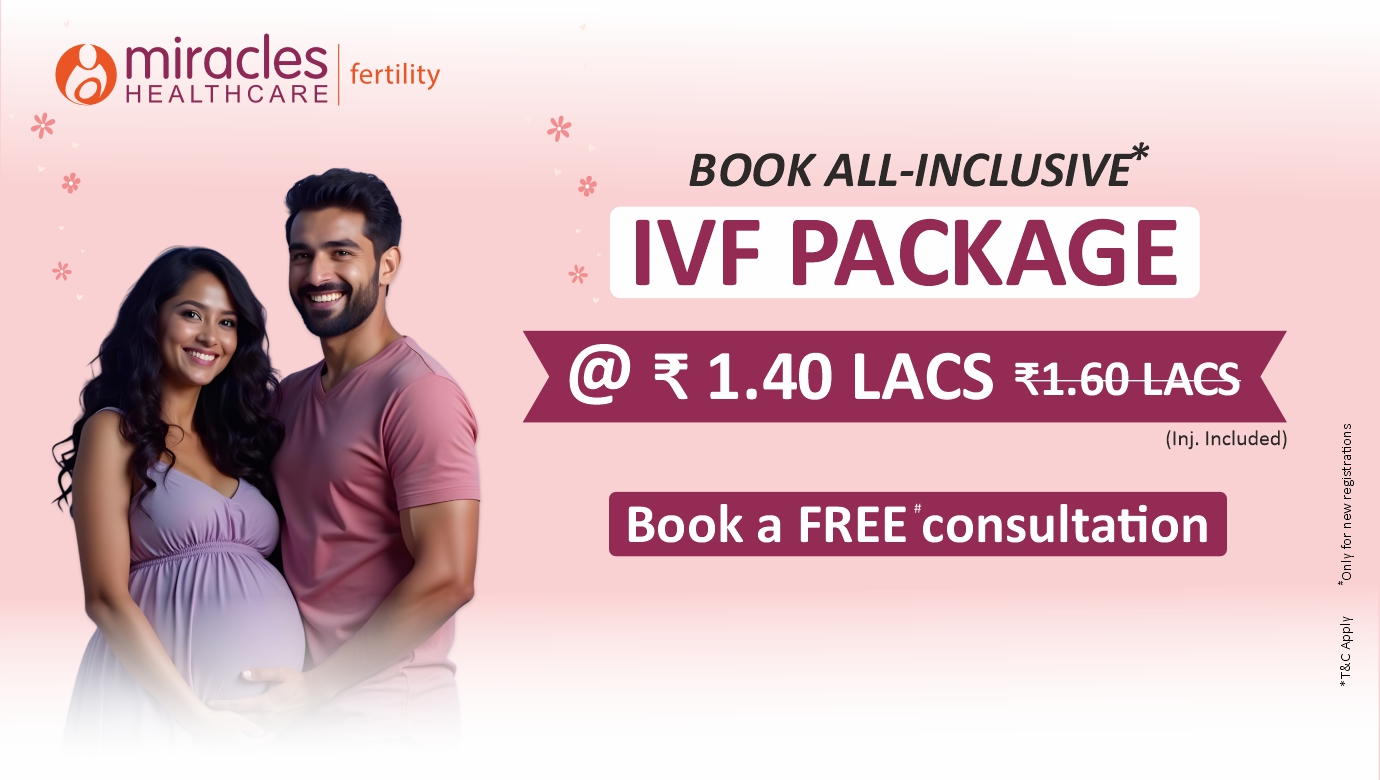Conceive with Confidence: Expert Tips for Getting Pregnant Fast
Embarking on the journey of starting a family is filled with anticipation and excitement. However, the process of conceiving a child is often more complex than anticipated. There’s a lot more to conceiving than people are generally aware of. Once you have made the big decision to have a baby, it’s natural to start wondering how to get pregnant fast. While getting pregnant may be easy for some couples, the process can be difficult for others, and that’s totally normal.
There is no magic pill or special formula that can ensure a quick conception, however there are a few steps you can take to prepare your body for a healthy pregnancy. In this article, we will explore expert tips that can help you on your journey toward parenthood. From adopting a healthy lifestyle to understanding your menstrual cycle, we’ll cover various aspects that play a crucial role in maximizing your chances of conceiving.
Best Tips to Conceive Faster
- Track your menstrual cycle:
Tracking your menstrual cycle can be important for a number of reasons when you are planning to conceive. First, it helps in predicting your fertile window. Second, it gives a good idea of your health, alerting you to any changes from the norm.
- Find your fertile window:
The fertile window is the term used to describe the time segment in which you are most likely to get pregnant. Knowing when you’re going to ovulate and, therefore, when you’re most fertile is a crucial step for increasing your chances of getting pregnant.
- Timing of intercourse:
You can only conceive during the 5 to 6 days surrounding ovulation. Make sure you are having sex during that time. There is a greater chance of conceiving if you have sex a few days before ovulation. This is because the sperm will be in your body right when the egg is released.
- Maintain normal weight:
Both being underweight and overweight can have adverse effects on fertility and increase the time it takes to conceive. Reach a healthy weight before you begin trying to conceive. You can talk to your doctor about healthy strategies for losing weight.
- Eat a nutritious, balanced diet:
A healthy lifestyle is crucial for optimizing fertility. Eating a healthy diet with a balance of whole grains, fruits, vegetables, fish, poultry, and dairy products is beneficial when trying to conceive.
- Establish healthy exercise habits:
Engaging in prenatal workouts can contribute to a healthier pregnancy, shorter labor duration, and smoother delivery process. Aim for a moderate exercise routine of 150 minutes per week. Walking, swimming, yoga, and strength training are a few ideal exercises.
- Start taking prenatal vitamins:
Start taking prenatal vitamins if you are trying to get pregnant. Among other important nutrients, folic acid is essential for the development of a baby’s brain and spine. Not only that, it helps promote ovulation, encourages fertilization, and supports early embryo survival
- Discontinue birth control:
Stop taking birth control pills a few months before you start trying to conceive. Some forms of birth control, like intrauterine devices (IUDs) or contraceptive implants, physically prevent fertilization or implantation. Removing these devices is necessary to restore fertility.
- Make time to relax:
Find calming activities that bring you joy and help you stay grounded. Consider incorporating gentle yoga, meditation, or even talk therapy into your routine. Prioritizing your mental health is an important form of self-care. If you are struggling, don’t hesitate to reach out for help.
- Get diagnosed for medical problems:
Getting and staying healthy also means managing any existing health condition. Diabetes, high blood pressure, PCOS, and thyroid conditions can make it harder for you to get pregnant. Schedule a preconception checkup with your doctor to ensure that you do not have any underlying medical issues.
What to avoid?
- Avoid smoking, alcohol, and drugs:
If you smoke, drink alcohol, or use drugs, it is recommended that you quit as soon as possible. Smoking and consuming alcohol can affect ovulation, hormone levels, and can reduce your chances of getting pregnant. Minimizing or eliminating these substances from your lifestyle will not only improve your chances of conceiving but also contribute to a healthier pregnancy and baby.
- Avoid processed foods and foods that are high in fats and sugar:
Certain processed foods, such as those containing artificial additives, preservatives, and trans fats, can disrupt hormonal balance in the body. Hormonal imbalances can interfere with ovulation and the menstrual cycle, making it more challenging to conceive.
- Limit caffeine:
You should also cut down on caffeine when trying to get pregnant. Women who daily consume more than 2 cups of coffee or 2 liters of soda may have a harder time getting pregnant and a greater chance of miscarriage.
- Don’t overdo strenuous exercise:
Engaging in rigorous and intense exercise for over five hours per week has been associated with decreased ovulation.
When to Talk to a Doctor
Infertility affects both men and women. How long it may take to conceive depends on many factors – age, health history, unique menstrual cycle, and lifestyle factors. Depending on the problem, your gynaecologist might be able to help. In some cases, a fertility specialist offers the best hope.
- If you are under 35 and healthy, chances are good that you will conceive within 3 to 6 months. But, if you don’t conceive within 12 months of trying, you may have fertility issues and may need treatment.
- Fertility starts to decline more sharply after age 35. If you are 35 or older and haven’t conceived after six months of unprotected sex, ensure to visit an fertility clinic near you.
By implementing these expert tips, you can increase your chances of conceiving faster. Remember that every individual is unique, and it may take time for some couples to achieve pregnancy. If concerns persist, consult with the best infertility treatment specialist in Gurgaon, who can provide personalized guidance and support throughout your journey to parenthood.















Was the information useful?
0 0